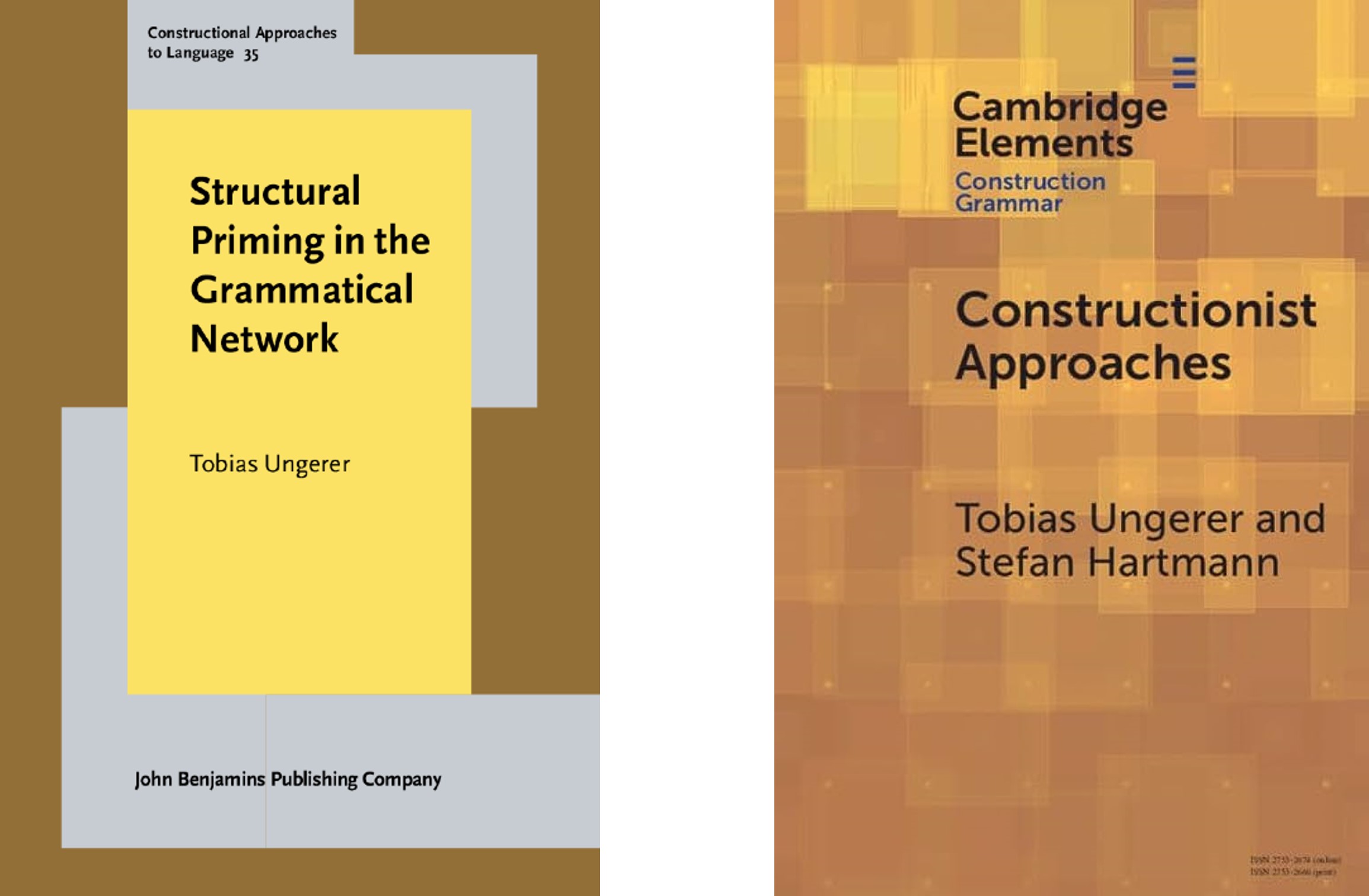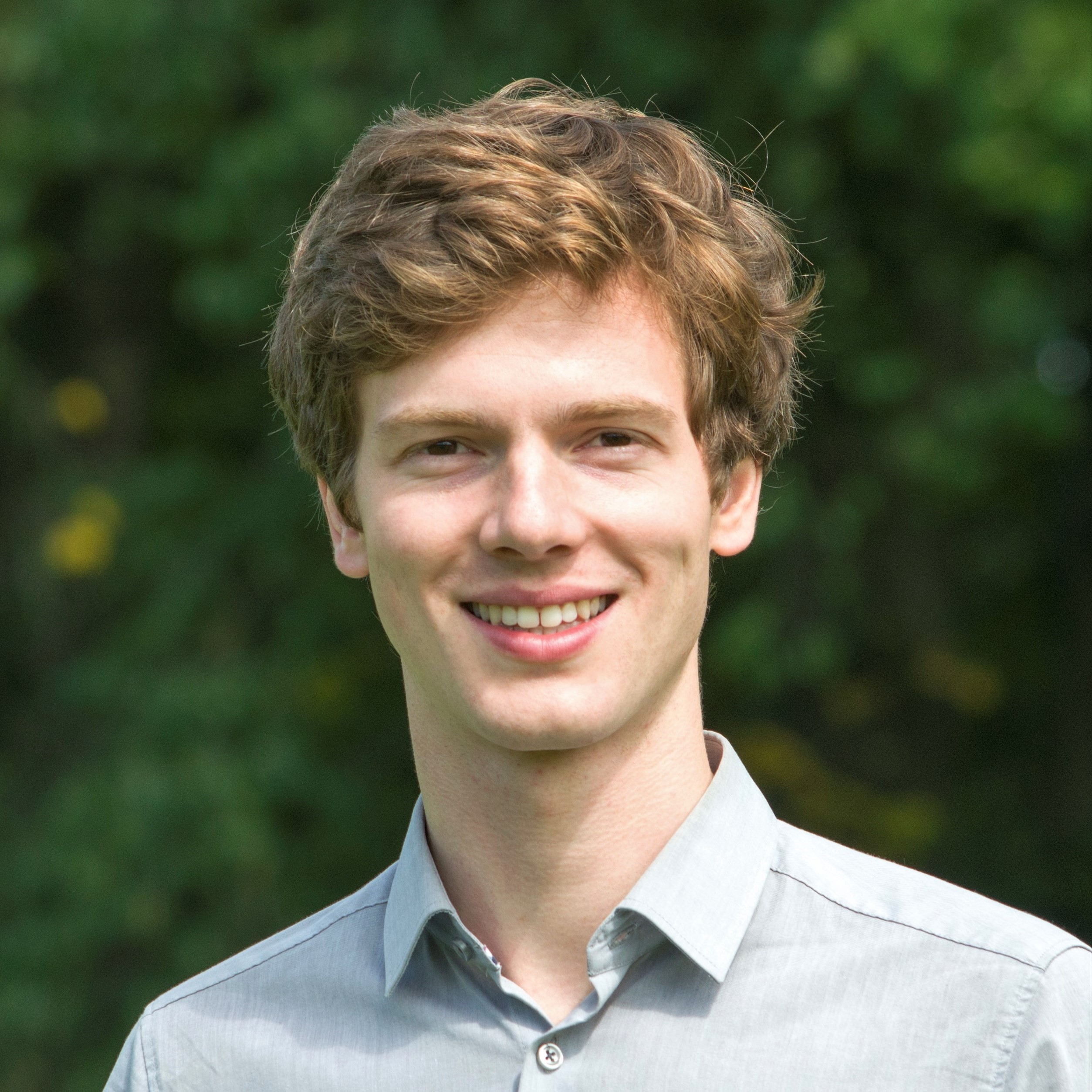About me
Hi! I’m a postdoc in Psychology of Language at the University of Toronto, where I work with Dr. Blair C. Armstrong as part of the Computation and Psycholinguistics Laboratory (CAP lab). In my work, I combine psycholinguistic experiments, corpus analyses, and computational modeling to investigate language representation, processing, and learning.
—– Recent books —–

- Structural priming in the grammatical network (2023), John Benjamins
- Constructionist approaches: Past, present, future (2023), with Stefan Hartmann, Cambridge University Press (Open Access)
—– Current projects —–
- Early reading acquisition: How can we combine experimental approaches and neural networks to optimize phonics instruction (i.e., how children are taught to map letters to sounds)?
- Creative language comprehension: How do language users understand grammatically novel expressions, such as She timelined the project (noun-to-verb conversion) or He sneezed the napkin off the table (valency coercion)? (see our new paper on coercion here)
- The evolution of linguistic innovations: How do social desires to stand out from one's peers ("extravagance") or blend in with others ("conformity") give rise to language change?
—– Other research interests —–
- Construction Grammar and cognitive-linguistic theory: Our Cambridge Element provides a concise introduction to constructionist approaches; and here I argue that "constructionhood" is gradient
- Priming as a window into grammatical representation: My monograph illustrates how structural priming can inform network models of grammar; here I present priming results between the English caused-motion and the resultative construction; and here I discuss how priming can be extended to new construction types
- Language as a network: See my theoretical piece (here) on why vertical and horizontal links in constructional networks are two sides of the same coin
- Creativity in language and language change: We have discussed the concept of linguistic extravagance (here) and its applications to (1) "snowclone" constructions in English (here) and crosslinguistically (here), and (2) German quantifiers and degree modifiers (here)
